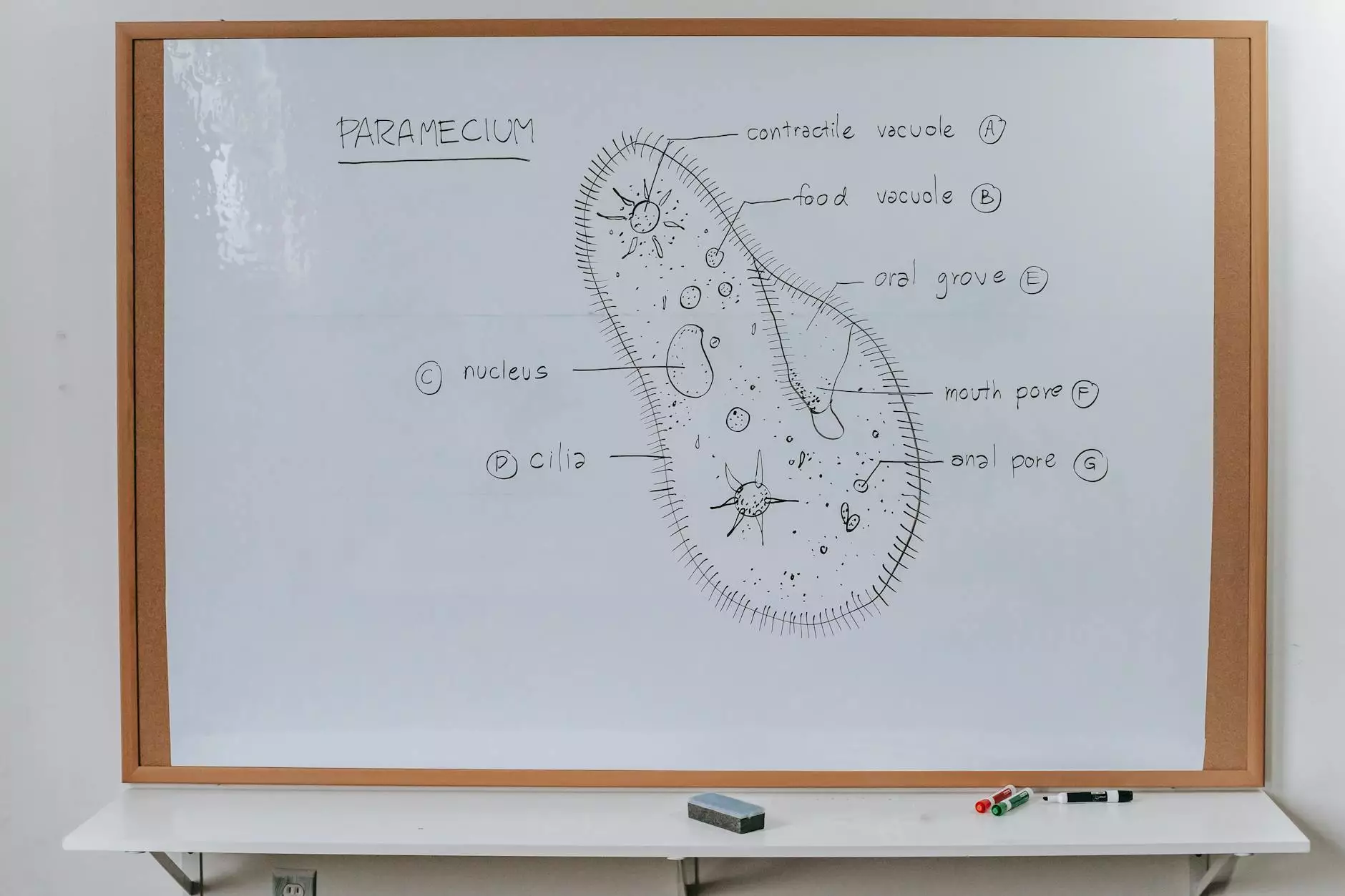Learn How to Write the Critical Reaction Paper with Bonus Tips
Book Reports
Introduction
Welcome to The Knowledge Nest, your go-to resource for educational and informative content on various subjects. In this article, we will delve into the art of writing a critical reaction paper, exploring its importance, structure, and steps involved. Whether you are a student, writer, or simply someone interested in improving your analytical thinking skills, this guide is designed to help you excel at crafting a well-reasoned critical response.
Understanding Critical Reaction Papers
A critical reaction paper is a form of academic writing that requires you to analyze, interpret, and evaluate a particular piece of work such as a book, article, film, or artwork. It goes beyond a simple summary or personal opinion, encouraging you to engage critically with the content and provide an insightful response. By writing a critical reaction paper, you develop the ability to think critically, express your thoughts effectively, and support your arguments with evidence.
The Importance of Critical Reaction Papers
Critical reaction papers play a significant role in the academic field as they foster critical thinking, analytical skills, and intellectual development. These papers allow you to demonstrate your understanding of the subject matter, showcase your ability to analyze complex ideas, and present your own perspective and evaluation of the work. Writing a well-crafted critical reaction paper not only helps you excel academically but also prepares you for future endeavors that require critical analysis and effective communication.
Structure of a Critical Reaction Paper
A well-structured critical reaction paper follows a logical sequence of sections, providing a clear and concise analysis. While specific requirements may vary based on your institution or professor's guidelines, the general structure usually consists of the following:
1. Introduction
The introduction sets the context for your paper, providing background information on the work you are analyzing and stating your thesis or main argument. It should capture the reader's attention and provide a brief overview of what they can expect from your paper.
2. Summary
After the introduction, it is important to provide a summary of the work you are reacting to. Give a concise overview of the main ideas, concepts, or plot points, ensuring that your reader understands the content you are discussing.
3. Reaction
Next, it's time to delve into your reaction. This section allows you to express your thoughts, opinions, and insights regarding the work. Clearly state your position and explain the reasons behind your reaction. Use evidence and examples to support your claims and engage the reader with thoughtful analysis.
4. Analysis
In this section, you will analyze the work in more detail. Break it down into components such as themes, characters, writing style, or cinematography. Discuss the strengths and weaknesses of the work, providing supporting evidence and critical evaluation. Remember to remain objective and back your analysis with credible sources when necessary.
5. Conclusion
Finally, conclude your critical reaction paper by summarizing your main points and restating your thesis. Reflect on the significance of the work, its impact, and any potential areas for further exploration. Leave your reader with a lasting impression of your critical thinking abilities.
Tips for Writing an Exceptional Critical Reaction Paper
To help you craft a top-notch critical reaction paper, here are some expert tips:
1. Read and Understand the Work Thoroughly
Before starting your paper, ensure you have a solid understanding of the work you are reacting to. Take detailed notes, underline important passages, and highlight key themes or arguments. This will help you analyze the work effectively.
2. Engage in Critical Thinking
A critical reaction paper requires you to think critically. Challenge the ideas presented in the work, question assumptions, and evaluate the evidence provided. Develop a clear and logical line of reasoning throughout your paper.
3. Use Clear and Concise Writing
Effective communication is crucial in a critical reaction paper. Utilize clear and concise language to express your thoughts and arguments. Avoid unnecessary jargon or overly complicated sentences that may confuse your reader.
4. Support Your Arguments with Evidence
To strengthen your analysis, support your arguments with relevant evidence from the work or outside sources. Cite your sources properly, whether it's through quotations, paraphrases, or summaries. This adds credibility to your paper.
5. Edit and Revise Your Paper
Once you have completed your paper, take the time to edit and revise it thoroughly. Check for any grammar or spelling errors, ensure your ideas flow coherently, and polish your writing. This step greatly enhances the overall quality of your paper.
Conclusion
Writing a critical reaction paper is not an easy task, but with the right approach and guidance, you can master this art and excel in your academic and professional endeavors. The Knowledge Nest is here to provide you with comprehensive tips and insights to help you write an exceptional critical reaction paper. By developing your critical thinking skills and honing your writing abilities, you will unlock a world of opportunities for intellectual growth and success.




